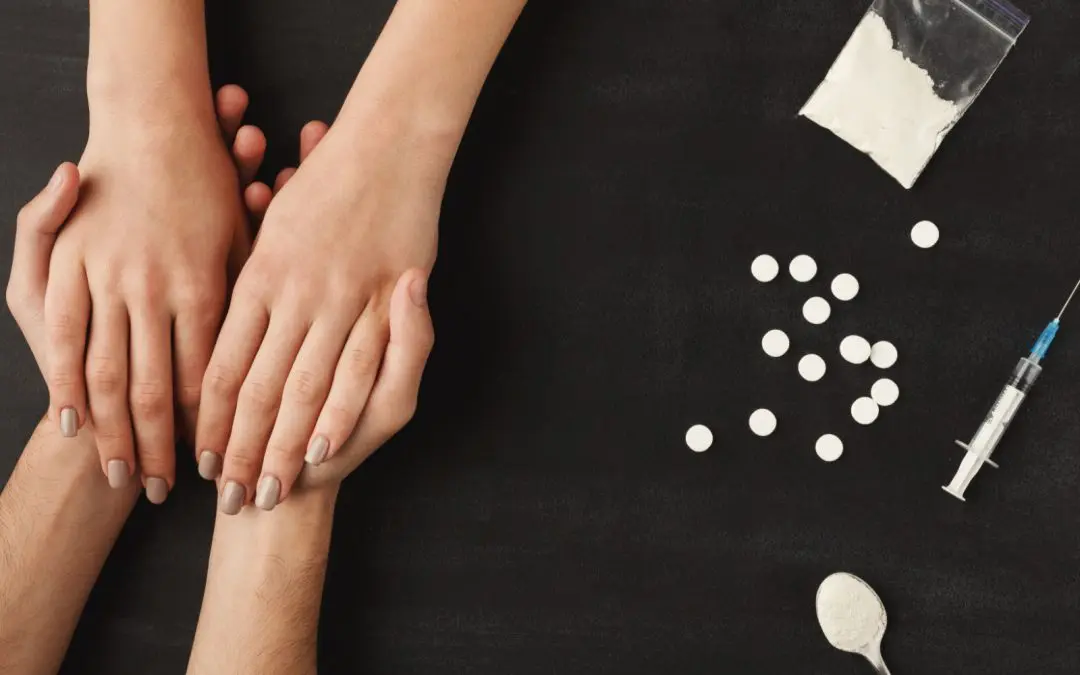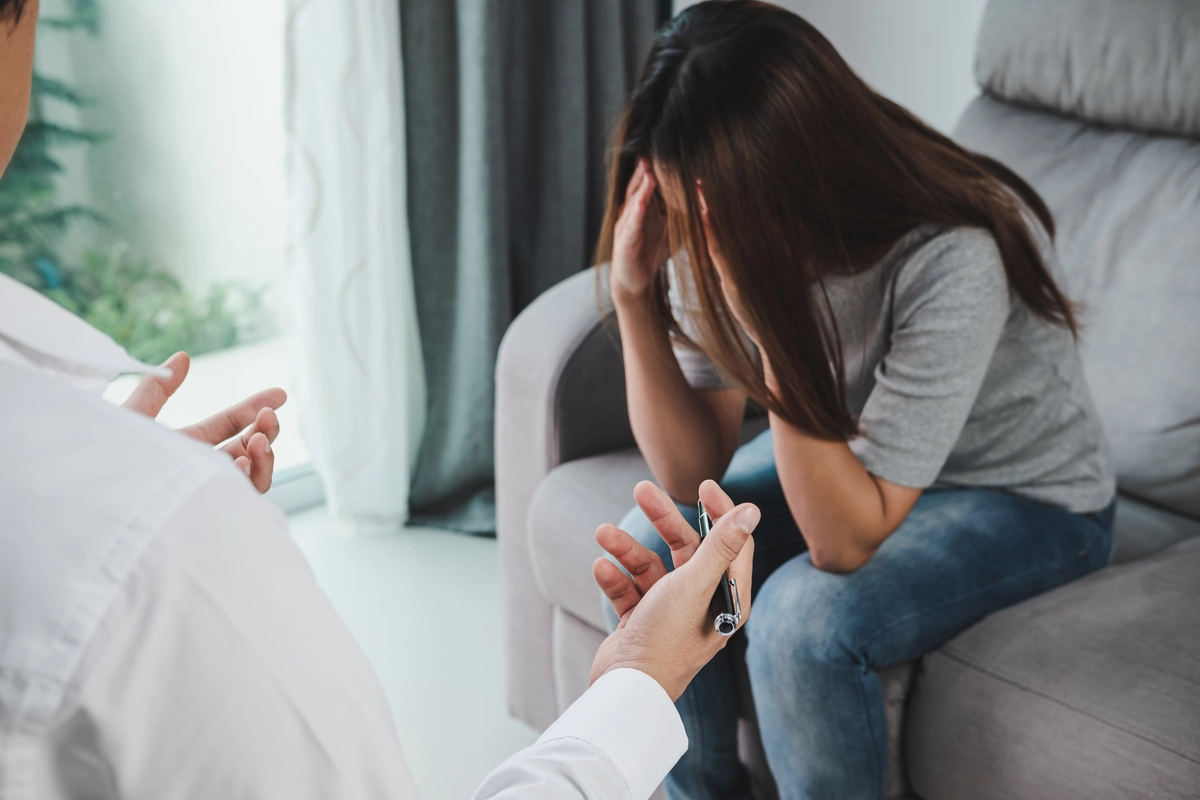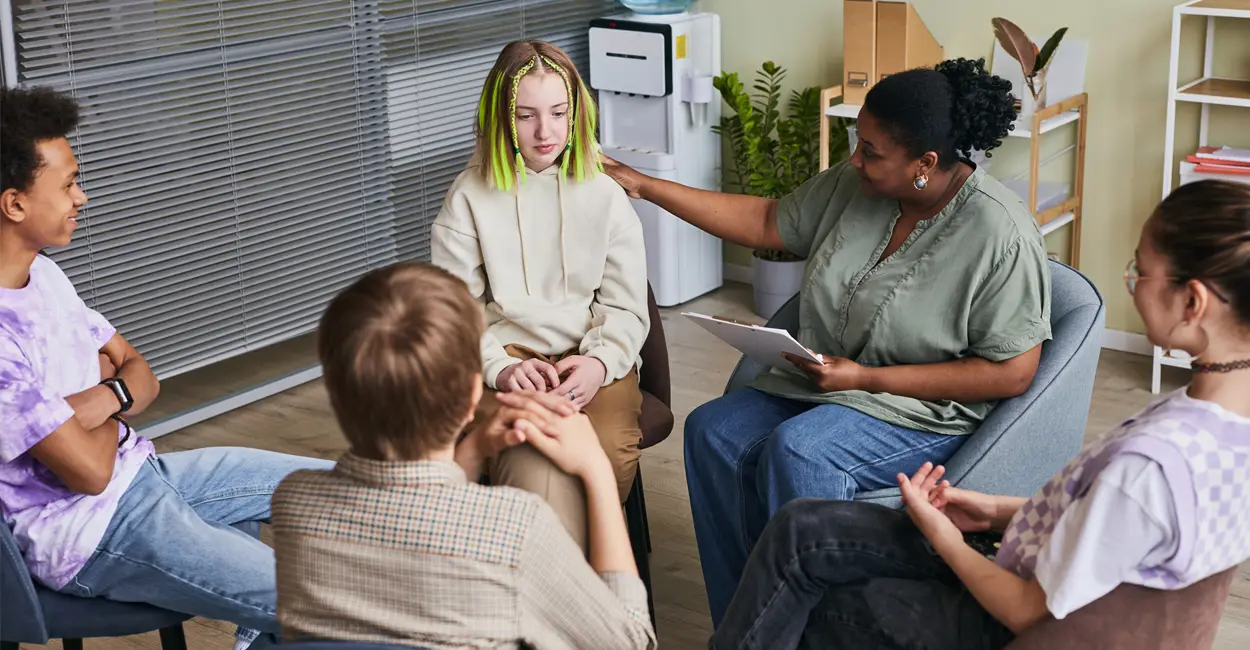24/7 Helpline:
(866) 899-111424/7 Helpline:
(866) 899-1114
Learn more about PTSD Treatment centers in Dexter City
PTSD Treatment in Other Cities
Other Categories in Dexter City

Other Insurance Options

Premera

Coventry Health Care

Molina Healthcare

Access to Recovery (ATR) Voucher

Magellan Health

Self-pay options

Providence

Holman Group

Covered California

Kaiser Permanente

Medical Mutual of Ohio

Choice Care Network

Absolute Total Care

Multiplan

Private insurance

CareFirst

American Behavioral

Amerigroup

BHS | Behavioral Health Systems

MHNNet Behavioral Health





















